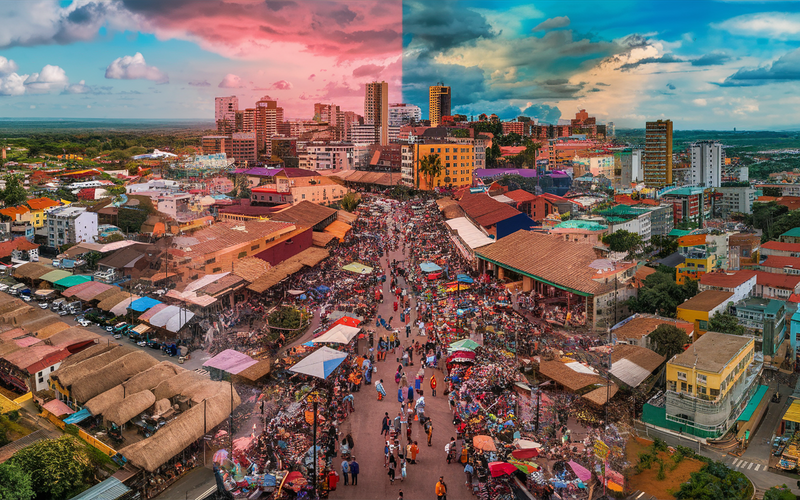Plan Your Travel To Kenya
Kenya Travel Essentials
Ideal Duration: 7 - 10 days
Currency: Kenyan Shilling (KES)
Best Time: Late-June to October Read More
Budget: Slightly Expensive
"The Country That'll Leave You With Memories For a Lifetime"
Kenya Tourism
Kenya is a gem of East Africa with a rich diversity of species, scenery, and civilizations. The Great Migration, an impressive sight of zebras and wildebeests swarming over the plains, is the main draw of the Maasai Mara Reserve. Experience the "Big Five" on exhilarating safaris in Amboseli and Tsavo national parks. The breathtaking landscapes of the nation stretch from the palm-fringed beaches of the Indian Ocean to the snow-capped summits of Mount Kenya. Discover the ancient Swahili architecture of Lamu and the thriving marketplaces of Nairobi. Kenya is a remarkable place to visit for anyone looking for adventure, wildlife, and cultural immersion because of its kind, hospitable people and lively customs.
Must Know Before You Travel to Kenya
- Visa and Entry Requirements: Check the visa requirements for your nationality before traveling to Kenya.
- Health Precautions: Ensure you have the necessary vaccinations and malaria prophylaxis. Drink bottled water and be cautious with street food.
- Wildlife Safaris: Plan your safari well in advance and choose a reputable tour operator for a memorable wildlife experience.
- Cultural Respect: Kenya has a rich tapestry of cultures. Respect local customs and traditions, especially when visiting indigenous communities.
- Safety: Exercise caution in major cities, safeguard your belongings, and be aware of your surroundings.
- Weather: Kenya has diverse climates. Pack accordingly, considering both coastal heat and cooler highland regions.
- Currency: The currency is the Kenyan shilling. Credit cards are widely accepted in urban areas.
- Language: English and Swahili are the official languages. Learning a few Swahili phrases can enhance your experience.
- ATMs and Banking: ATMs are available in major cities. Inform your bank about your travel plans to avoid card issues. Carry sufficient cash, especially in rural areas.
- National Parks and Reserves: Explore Kenya's diverse national parks and reserves. Each offers a unique wildlife experience. Follow park rules and engage in responsible tourism practices.
- Local Cuisine: Try Kenyan cuisine, including nyama choma (grilled meat), sukuma wiki, and ugali. Taste local fruits and beverages. Be cautious with street food hygiene.
- Climbing Mount Kenya: If you are interested in trekking, consider climbing Mount Kenya. Choose authorized guides and follow safety guidelines.
- Safety Precautions: Be vigilant in crowded areas and safeguard your belongings. Kenya is generally safe for tourists, but exercise standard precautions. Stay informed about local conditions.
- Time Zone: Kenya is in the East Africa Time (EAT) zone, UTC+3. Adjust your plans according to the local time.
Tourist Places to Visit In Kenya
Masai Mara
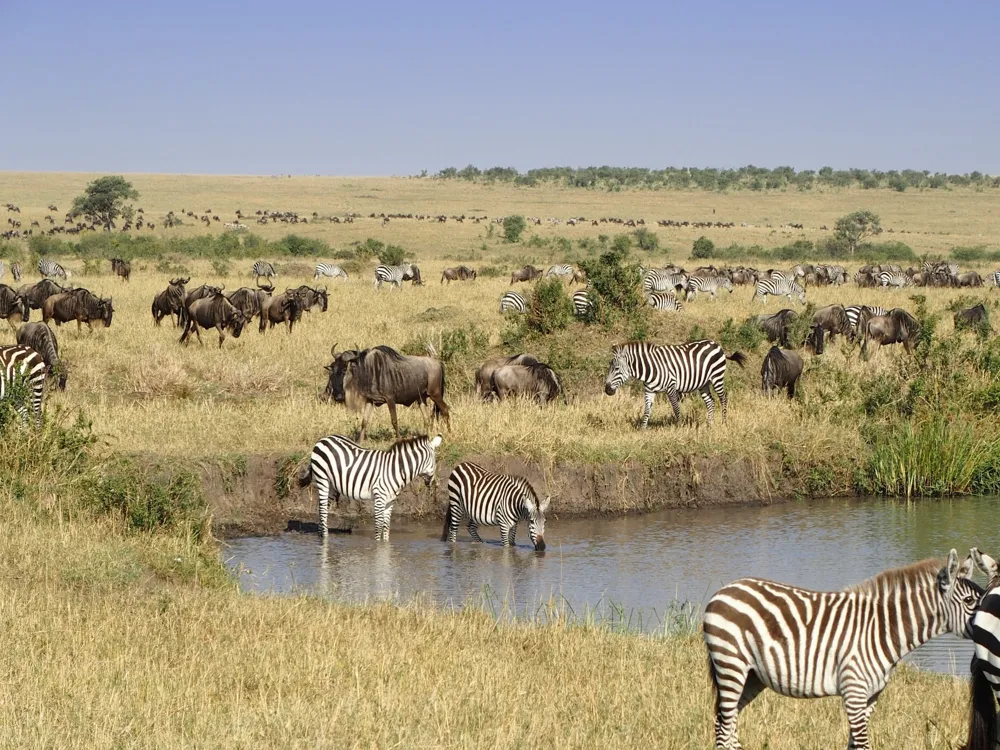
Mombasa
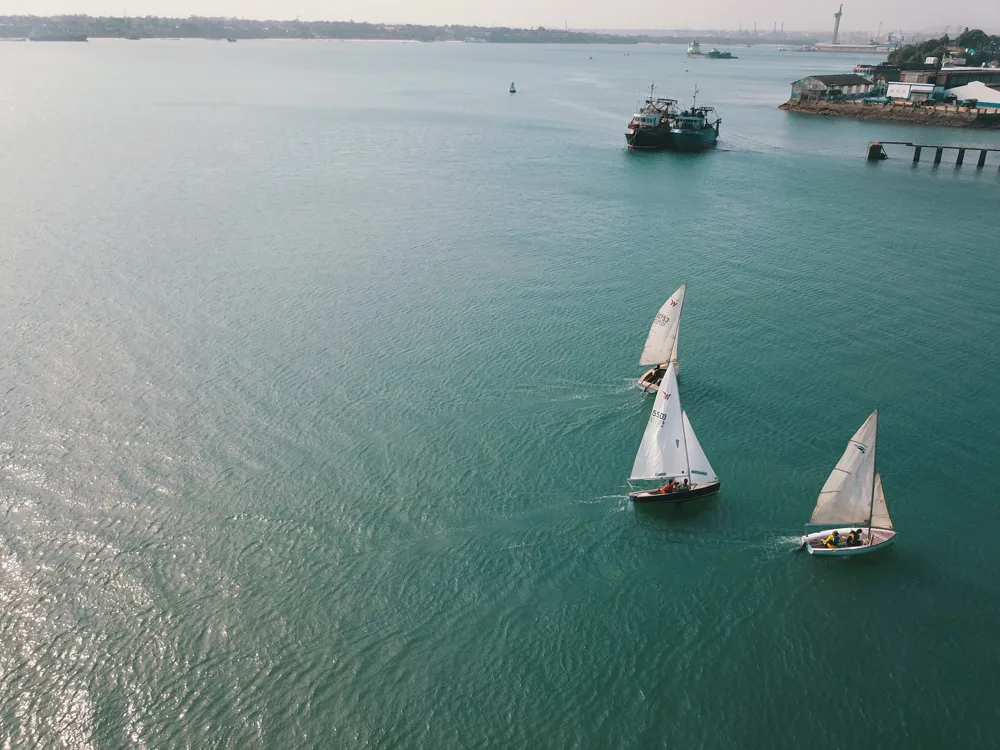
Nairobi
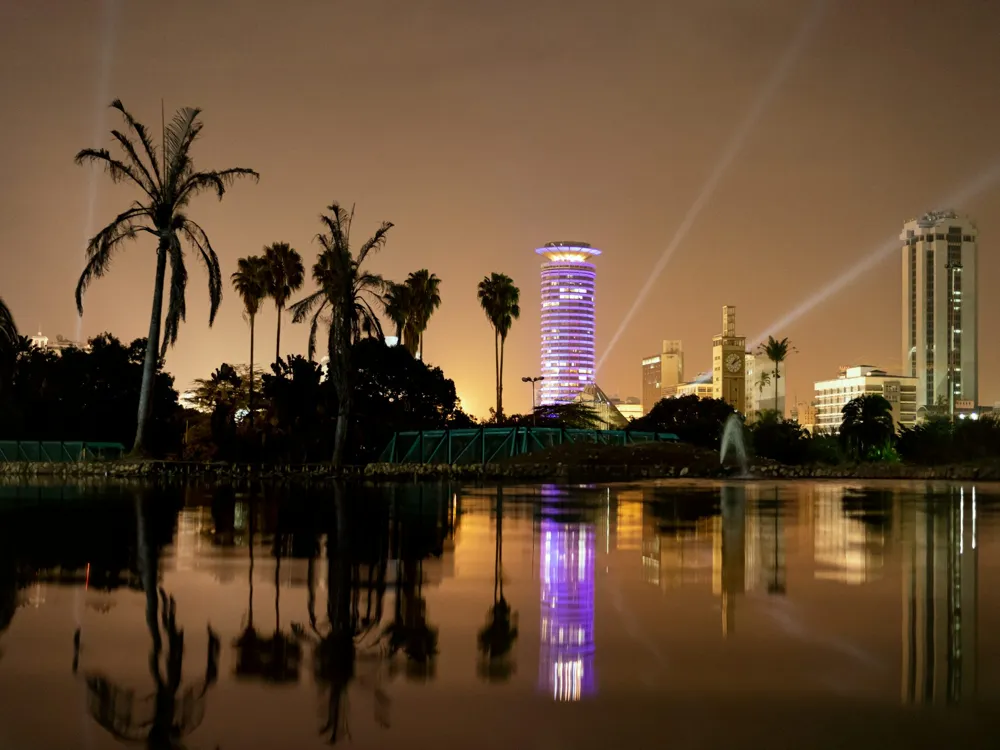
Kenya Travel Packages
Compare quotes from upto 3 travel agents for free
View All Packages For Kenya
More on Kenya Travel
All collections about Kenya
Best time to visit Kenya
The dry season, which often lasts from June to October, is the ideal time to visit Kenya. Minimal rainfall and reasonably mild daytime temperatures characterise this time of year, which makes it perfect for outdoor sports and safaris (Read More). Kenya is a year-round destination for beach vacations and safaris, despite its varied topography. circumstances for outdoor activities and safaris. Kenya is a year-round destination for beach vacations and safaris, despite its varied topography.
Top Stories about Kenya Tourism
All collections about KenyaRead More on Kenya Travel
Exchanging money in Kenya:
When visiting Kenya, it's essential to know how to exchange money. The local currency is the Kenyan shilling (KES). You can easily exchange your currency at banks, forex bureaus, and some hotels. It's wise to carry some cash, as credit cards may not be accepted everywhere. ATMs are prevalent in cities and towns, making it convenient to withdraw cash. Be cautious when using street money changers to ensure fair rates. Always carry small denominations for everyday transactions, and check the current exchange rate to get the best value for your money.
Nightlife in Kenya:
Kenya offers a vibrant nightlife scene, particularly in major cities like Nairobi and Mombasa. You can explore a variety of nightclubs, bars, and live music venues. Nairobi's Westlands area is known for its energetic nightlife, with clubs playing a mix of local and international music. Mombasa, on the coast, offers beachfront bars and clubs with a relaxed atmosphere. Enjoy a taste of Kenyan culture by visiting traditional bars, where you can savor local brews like chang'aa and muratina. Remember to dress comfortably and be cautious of your belongings when enjoying the nightlife.
Shopping in Kenya:
Kenya provides diverse shopping opportunities, from bustling markets to modern malls. The Maasai Market in Nairobi is famous for traditional crafts, jewelry, and clothing. For a more upscale experience, visit Sarit Centre or The Junction Mall in Nairobi. In Mombasa, explore the Old Town for antiques and souvenirs. Don't forget to haggle at local markets, as it's a common practice. Kenyan handicrafts, such as wooden carvings and beaded jewelry, make for excellent souvenirs. Be cautious with your belongings in crowded areas, and check the authenticity of items you're purchasing to avoid scams.
Festivals in Kenya:
Kenya hosts a vibrant array of festivals throughout the year. The Lamu Cultural Festival, set in the historic Lamu archipelago, celebrates Swahili culture with traditional dhow races, dances, and crafts. The Maasai Mara Wildebeest Migration, a natural spectacle, occurs from July to October, drawing wildlife enthusiasts. Nairobi hosts the Koroga Festival, featuring live music, art, and food. Madaraka Day on June 1st marks Kenya's independence and includes parades and cultural displays. Remember to check the festival schedule when planning your visit, as they offer a unique opportunity to immerse yourself in Kenyan traditions.
Hygiene in Kenya:
Maintaining good hygiene practices is crucial when visiting Kenya. While major cities and tourist areas typically maintain high standards, it's advisable to drink bottled water and avoid tap water to prevent waterborne illnesses. Use hand sanitizer and wash your hands frequently, especially before meals. Carry insect repellent to protect against mosquitoes, which can transmit diseases like malaria. When dining, choose restaurants with good hygiene ratings and ensure the food is thoroughly cooked. In rural areas, be prepared for basic sanitation facilities. By following these precautions, you can enjoy a safe and healthy trip to Kenya.
Tips for visiting Kenya:
When visiting Kenya, it's important to respect local customs and embrace the vibrant culture. Start by learning a few Swahili phrases to connect with the locals. Dress modestly, especially in rural areas and when visiting religious sites. Be mindful of wildlife in national parks, maintaining a safe distance. Use reputable tour operators for safaris and wildlife experiences. Carry a copy of your passport and keep valuables secure to prevent theft. It's also wise to have travel insurance that covers medical emergencies and evacuations. Lastly, embrace the warmth and hospitality of the Kenyan people while exploring this beautiful country.
Foods of Kenya:
Kenyan cuisine offers a delightful mix of flavors and influences. Ugali, a maize porridge, is a staple, often served with sukuma wiki (collard greens) and nyama choma (grilled meat). Kenyan dishes incorporate Swahili, Indian, and Arabian elements, such as biryani, samosas, and chapati. Try traditional dishes like irio (mashed vegetables and peas) or mukimo (mashed plantains and legumes). Nyama choma joints are popular with meat lovers. Fresh fruits like mangoes and papayas are readily available. Street food is a must-try, with vendors selling tasty snacks like mandazi (doughnuts) and mahamri. Don't miss the aromatic Kenyan tea and coffee.
Photos of Kenya
All Country Photos Kenya
Popular Questions And Answers on Kenya
What are the must-visit attractions in Kenya?
Kenya offers diverse attractions, but don't miss the Maasai Mara National Reserve for safari, Mount Kenya for trekking, and the coastal city of Mombasa for its beautiful beaches.
What is the best time to visit Kenya for a safari?
The best time for a safari in Kenya is during the dry seasons from late June to October and from late December to February. Wildlife is easier to spot as animals gather around water sources.
Is it safe to travel in Kenya?
Kenya is generally safe for tourists. However, it's essential to stay updated on travel advisories, avoid political gatherings, and be aware of your surroundings, especially in crowded places.
What vaccinations do I need before traveling to Kenya?
Travelers are recommended to get vaccinated for hepatitis A and B, typhoid, yellow fever, and meningitis. Consult your healthcare provider for the most up-to-date information.
What is the local currency in Kenya?
The official currency of Kenya is the Kenyan Shilling (KES). It's advisable to carry some local currency for small purchases, although credit cards are widely accepted in major cities.
What wildlife can I expect to see in Kenya?
Kenya is renowned for the
What is the traditional food in Kenya?
Ugali (maize porridge) is a staple food in Kenya, often served with sukuma wiki (collard greens) and nyama choma (grilled meat). Other popular dishes include chapati (flatbread) and samosa (fried pastry filled with meat or vegetables).
Can I climb Mount Kenya without prior experience in mountaineering?
Yes, you can climb Mount Kenya without extensive mountaineering experience. There are various routes catering to different skill levels. It's recommended to hire a local guide for a safe and enjoyable experience.
What cultural experiences can I have in Kenya?
You can visit Maasai villages to learn about their rich culture, traditional dances, and crafts. Additionally, explore local markets, attend music festivals, and participate in beadwork workshops for an authentic cultural experience.
What souvenirs should I buy in Kenya?
Consider buying traditional Maasai beadwork, Kikoy (colorful fabric), local handicrafts, Kenyan coffee, tea, or handmade soap as souvenirs. Bargaining is common in markets, so feel free to negotiate prices.


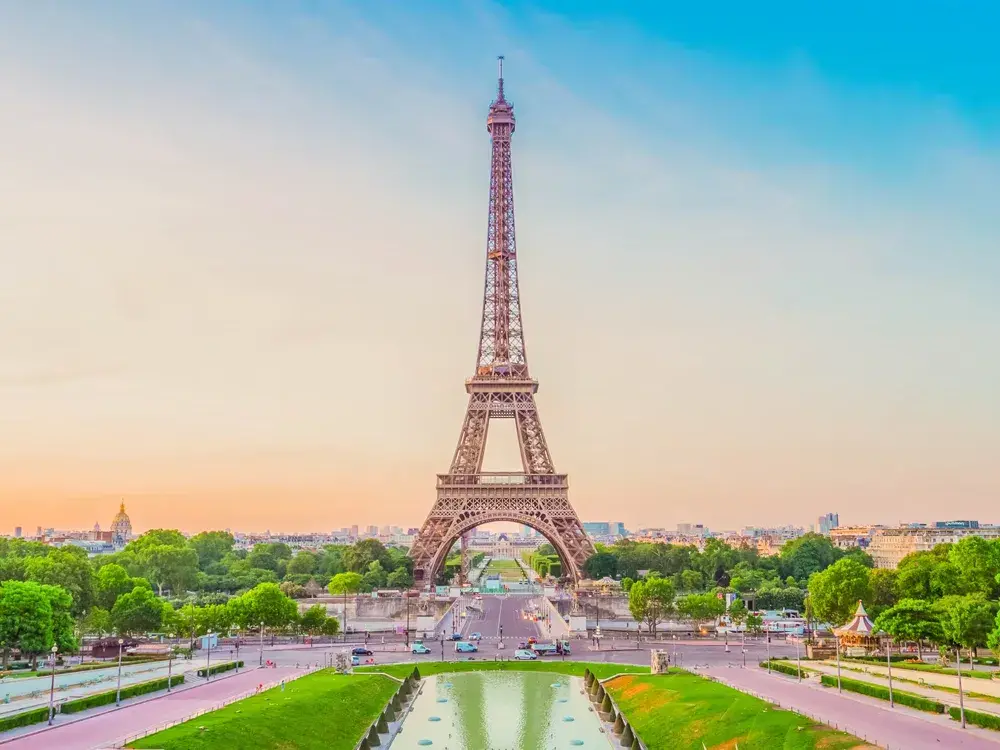
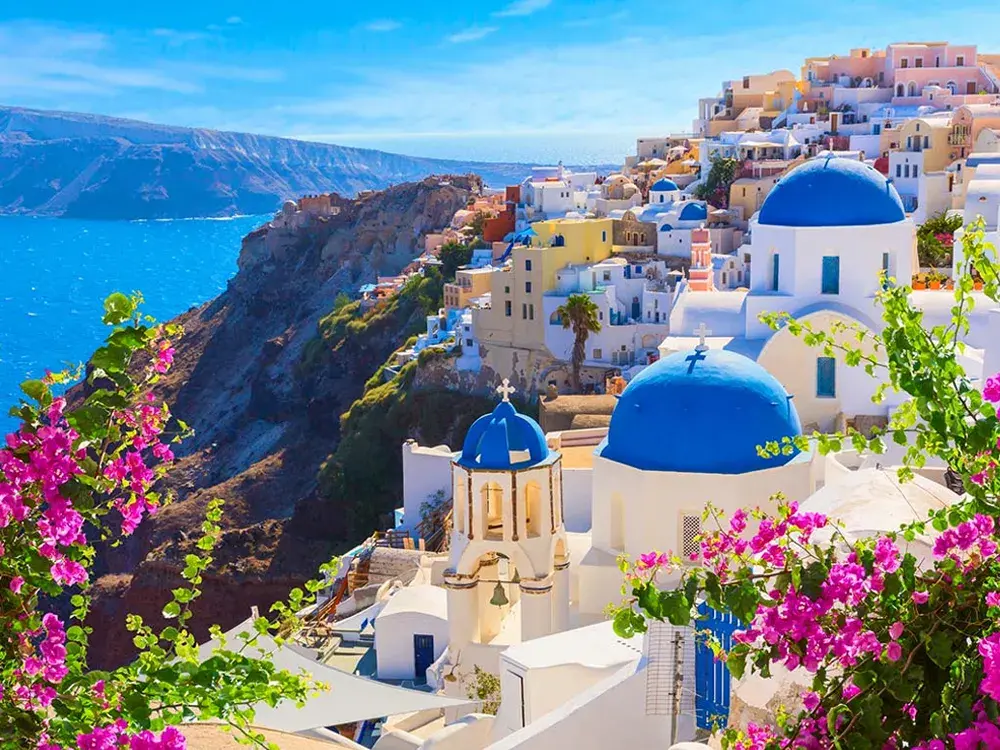
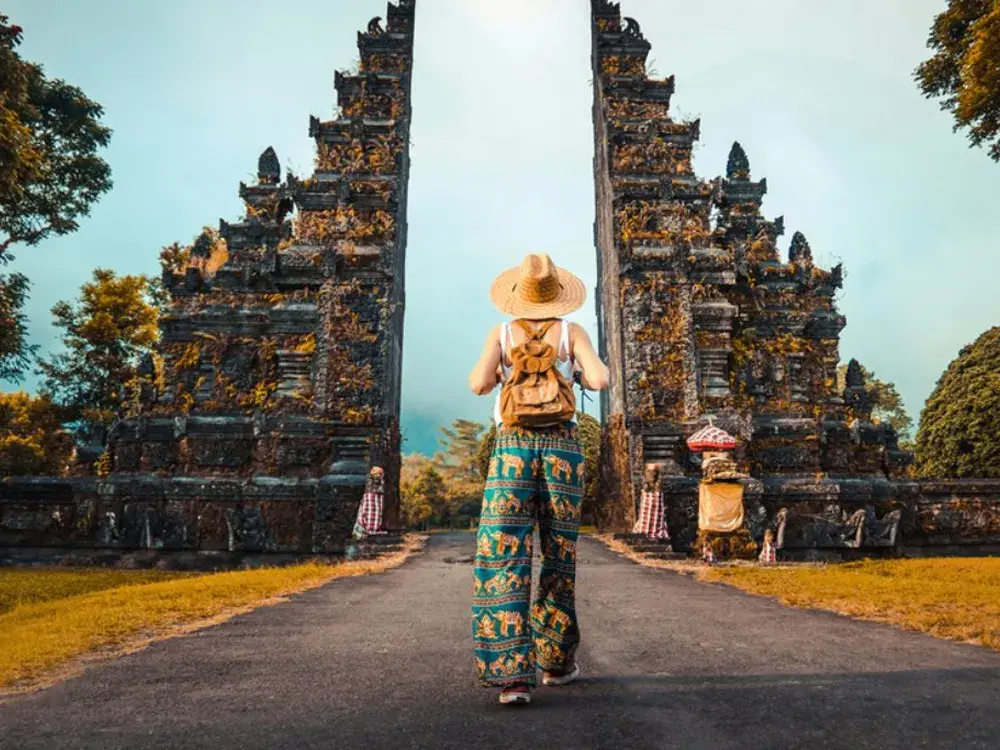
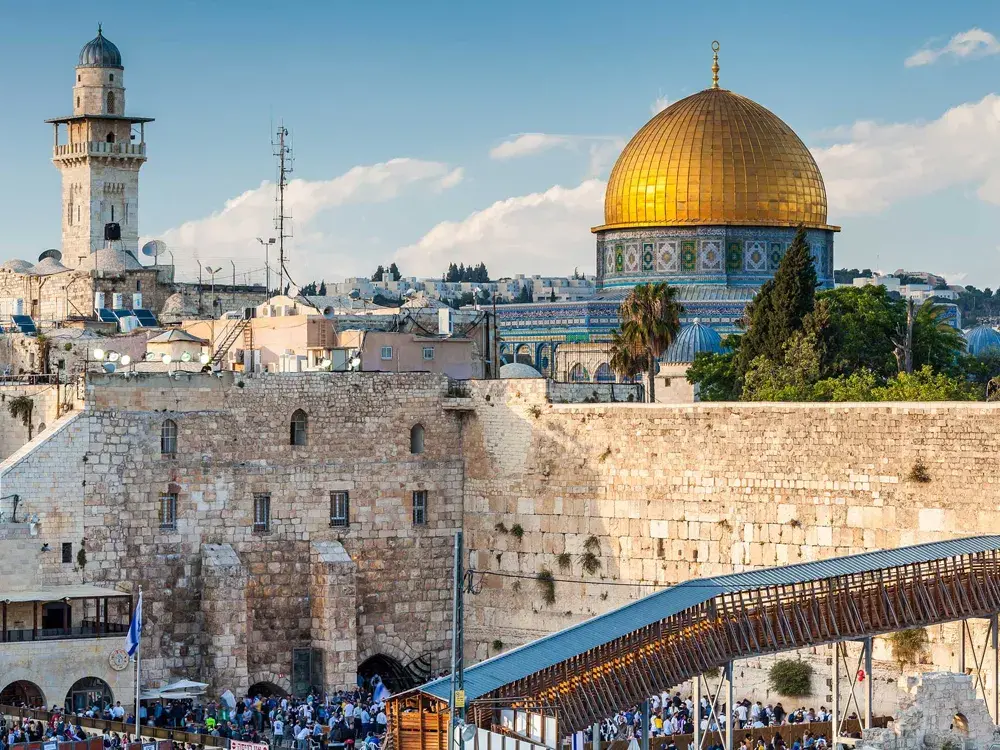
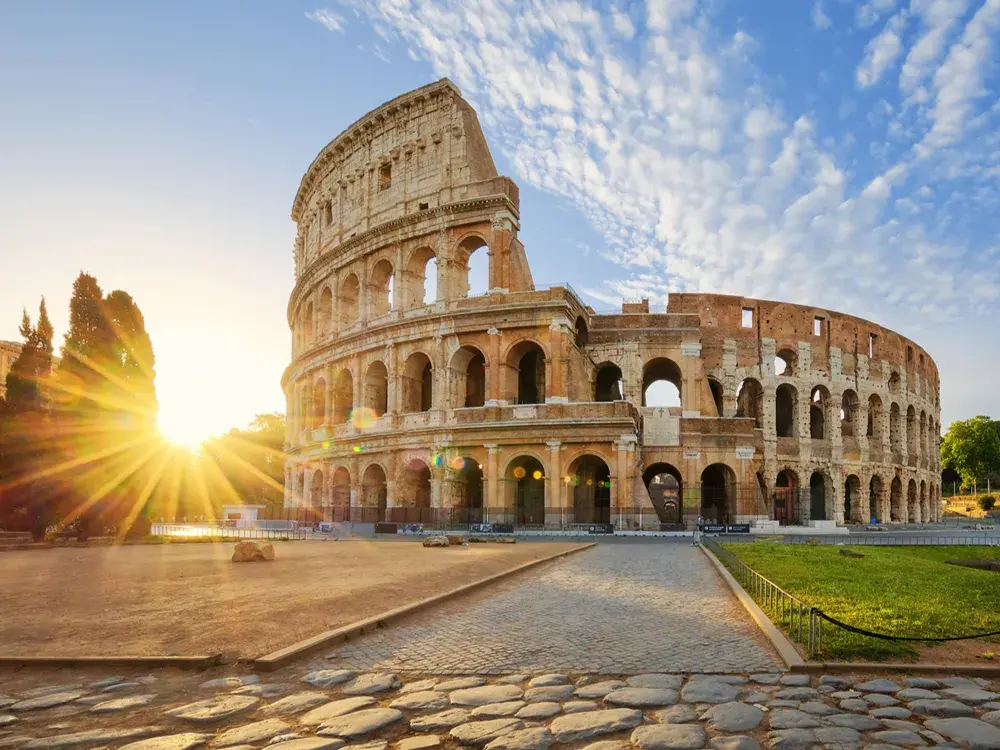
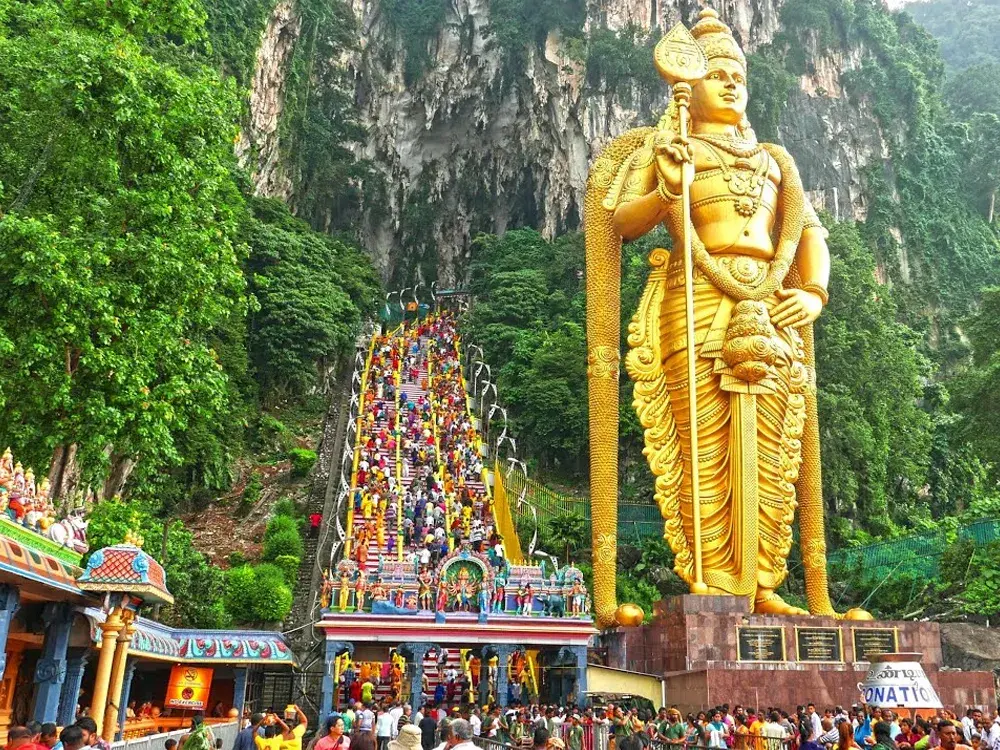
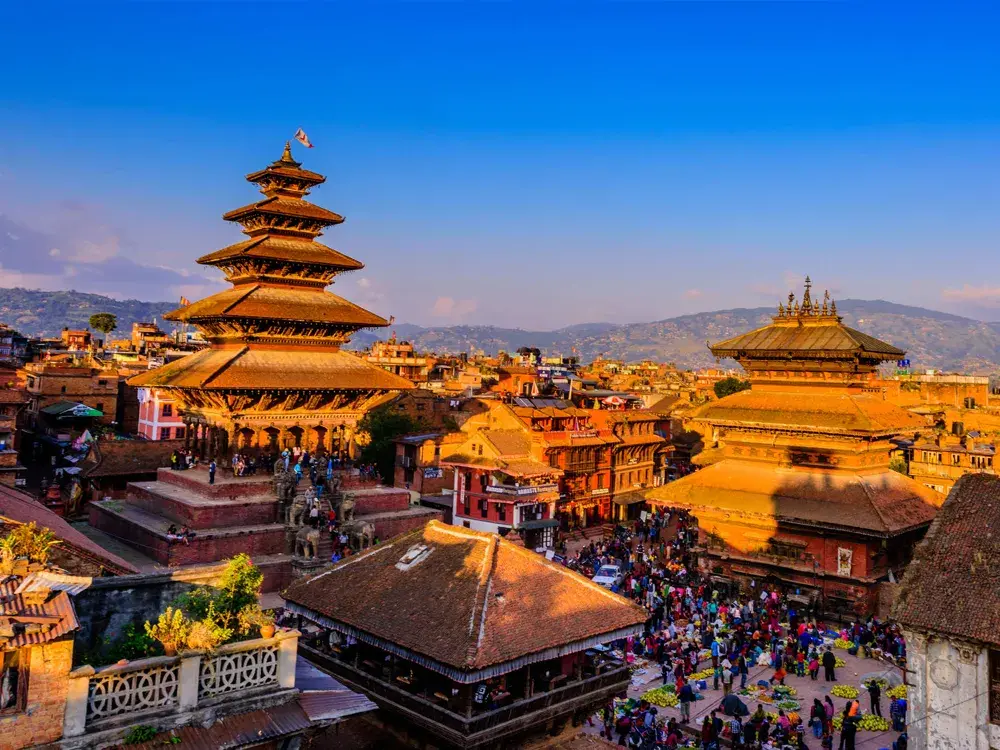
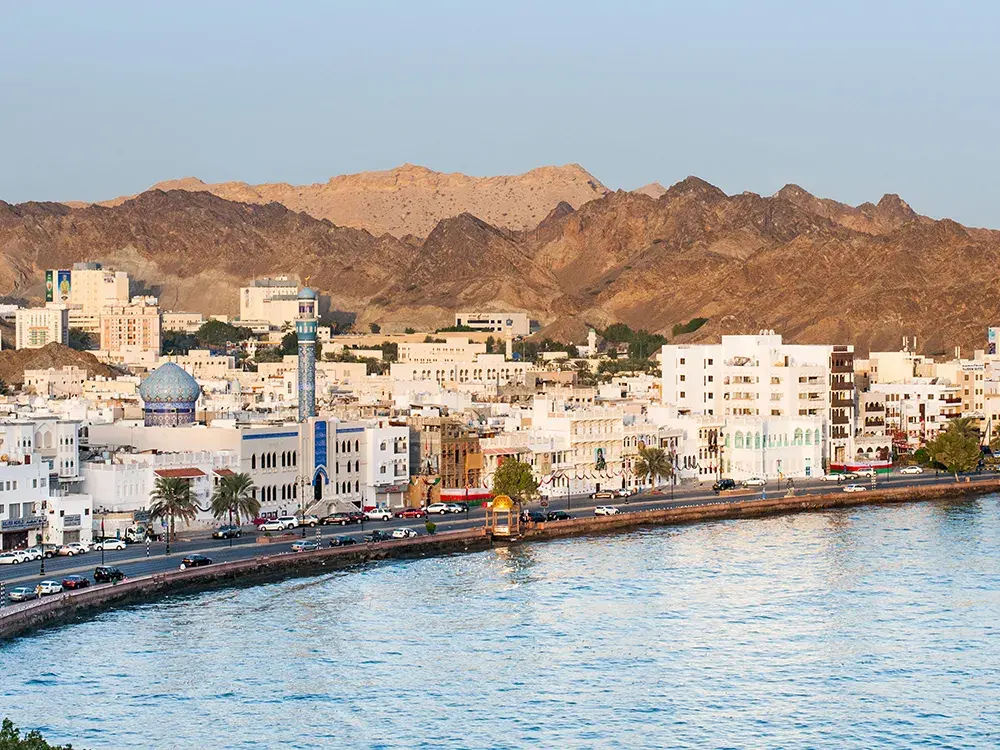
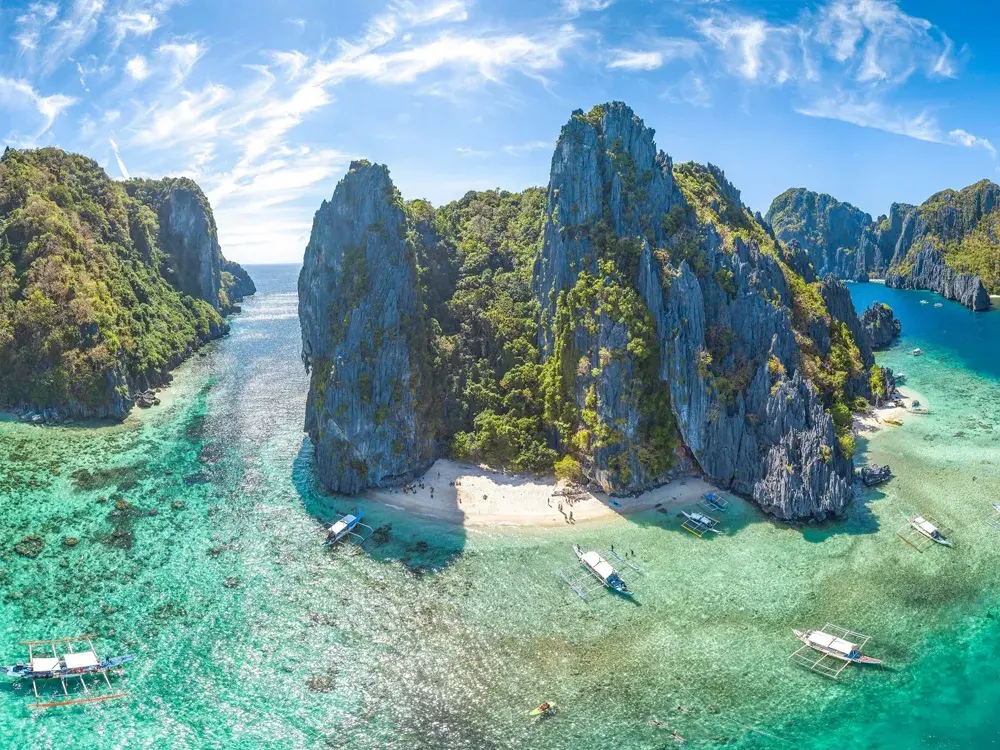

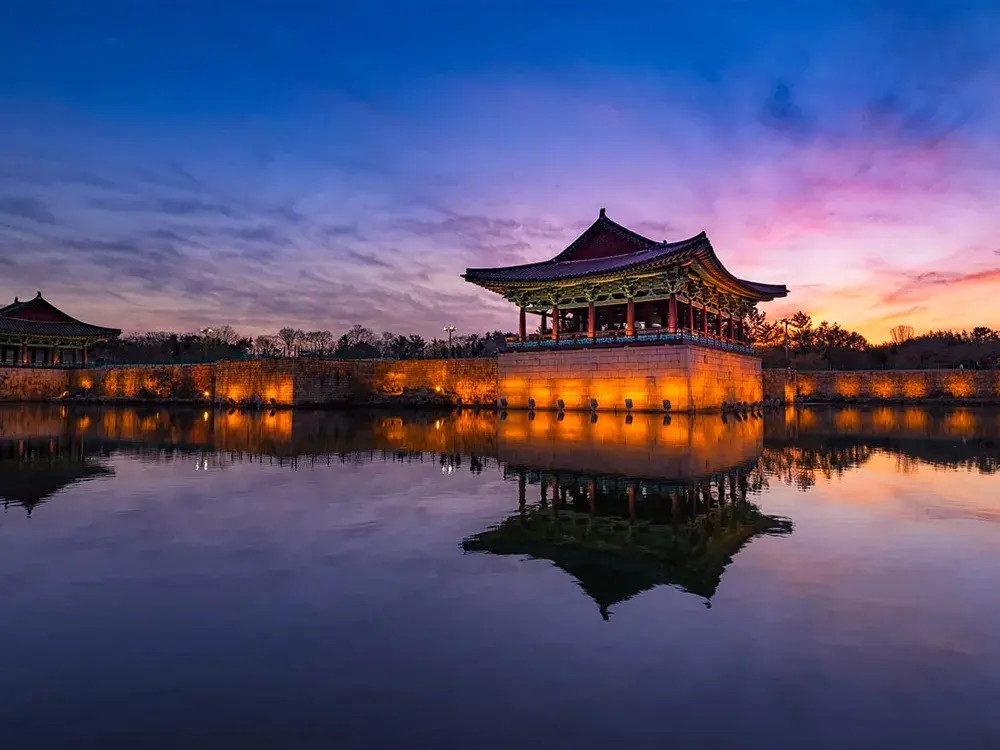
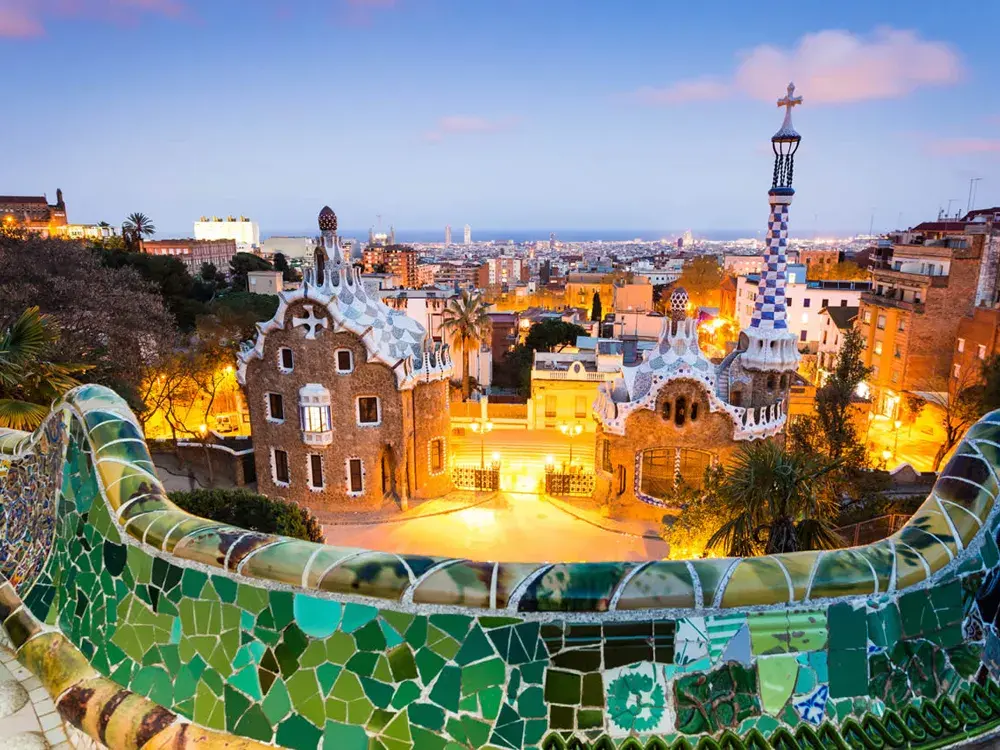
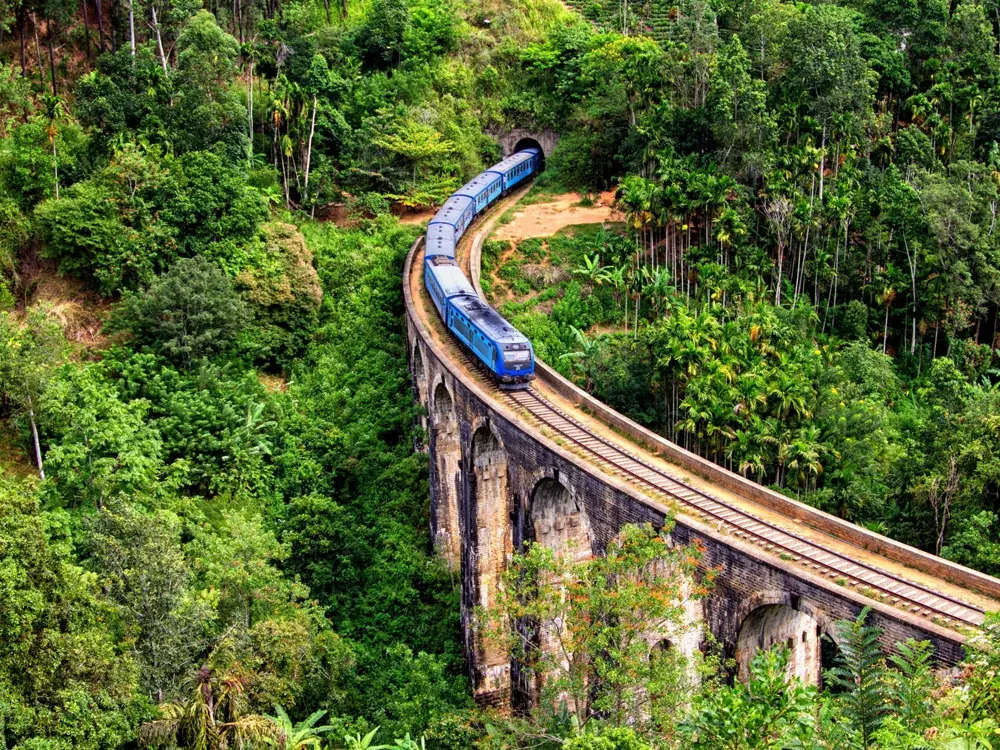
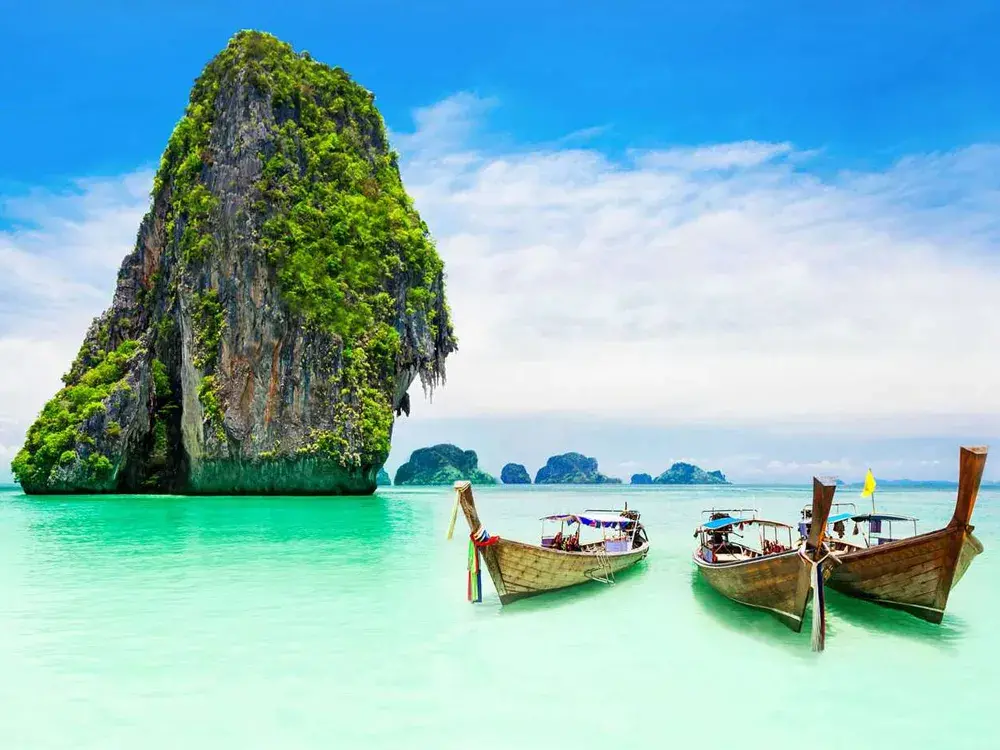

.webp)





